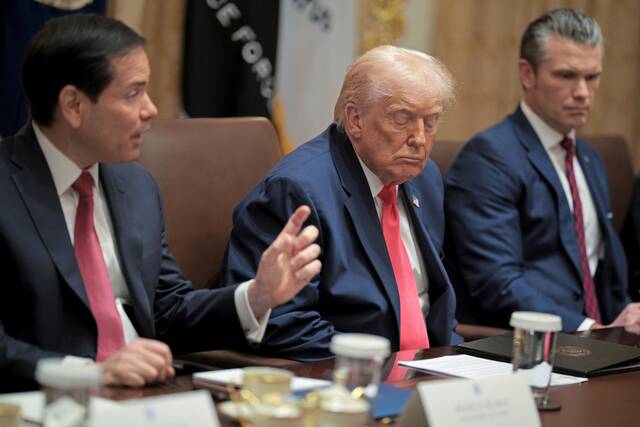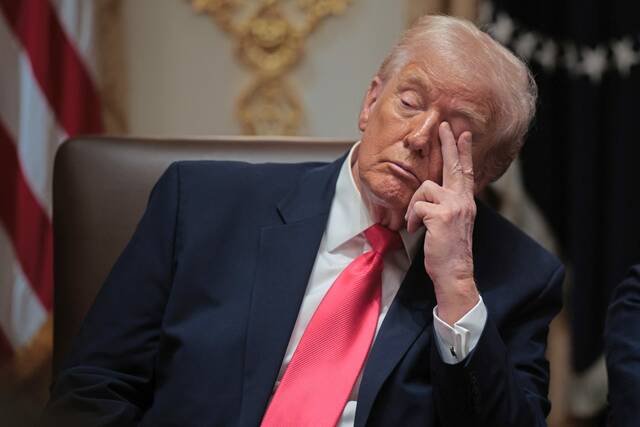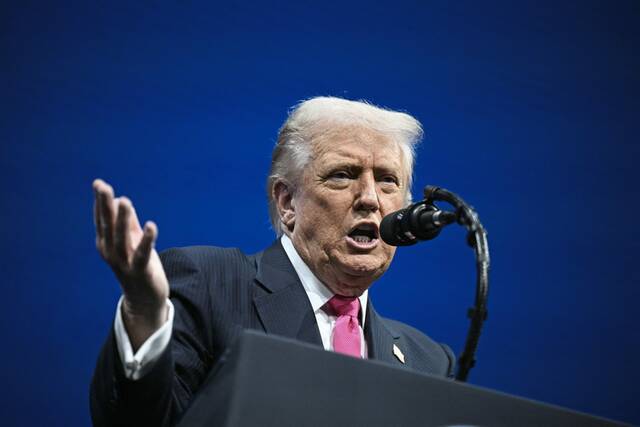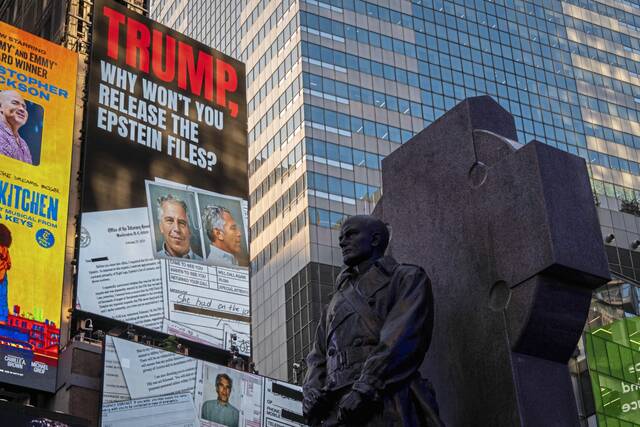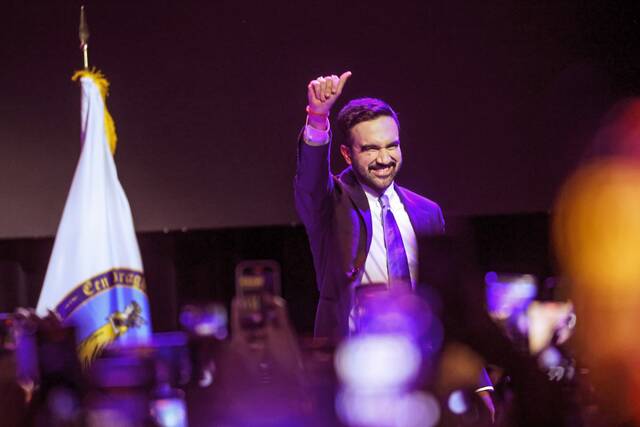“Mental health break.” It’s a term that’s grown increasingly common in recent years, used to describe the need for some emotional and psychological self-care. But rest assured, it’s not a term our parents or grandparents’ generations grew up with, and not something they fully understand even now.
So when one of the world’s top female tennis players, Naomi Osaka, announced she was pulling out of a Grand Slam tennis tournament, citing her anxiety and depression, it’s no surprise reactions were mixed.
Last week, Osaka angered some in tennis for announcing she wouldn’t participate in the mandatory press conferences for the tournament, citing her mental health. The Grand Slam event heads fined her $15,000 and warned her she could be disqualified if she continued to skip out on the gaggles.
The Twitter handle for the French Open mocked Osaka’s admission, posting and then deleting a tweet with pictures of other tennis players engaging with the media along with the caption, “They understood the assignment.”
Then, a few days later, she dropped out completely, perhaps beating the tournament to the punch.
To which professional misogynist Piers Morgan typically responded, “Unfortunately, Ms. Osaka is also an arrogant spoiled brat whose fame and fortune appears to have inflated her ego to gigantic proportions.” He compared her to Meghan Markle, a woman whose severe depression and suicidal thoughts he’s similarly dismissed, accusing her of exploiting mental health.
Other critics were far less hostile but still somewhat dismissive.
There’s nothing “spoiled” about wanting to get help for anxiety, depression, suicidal thoughts or other mental health issues.
Osaka has been upfront about her anxiety issues. She first noticed a change after her controversial win over Serena Williams at the 2018 U.S. Open, after which she was booed by fans for what Williams claimed were unfair rulings. That year she told reporters, “Yesterday I just woke up and I was really depressed but I don’t know why.” After calling herself “just an OK player,” she confessed, “I’m so sad right now.” It’s a heartbreaking clip to go rewatch now.
The scrutiny that comes with being a world-class, world-famous athlete is intense. But, speaking from personal experience as someone who has struggled with depression and suicidal thoughts, life can be too much for anyone, regardless of their stature or fame. That’s why just having the courage to admit it is so important.
ESPN host Stephen A. Smith, in his discussion of Osaka’s decision, also admitted he’s suffered with depression following his mother’s death and sought treatment.
“Acknowledging what my issue was, and going to seek help, helped me to be able to come on national television and be able to articulate positions like this,” he told his TV audience.
You can’t overstate how impactful these admissions are. Osaka (who is Japanese), Ali (who is Iranian-American) and Smith (who is African American) are especially helping to reach communities of color in which there are significant existing barriers to mental health help. Kudos to them for sharing.
Osaka’s brave admission is a potential game-changer and represents a bigger generational shift in the way we approach mental health. It’s about time.



